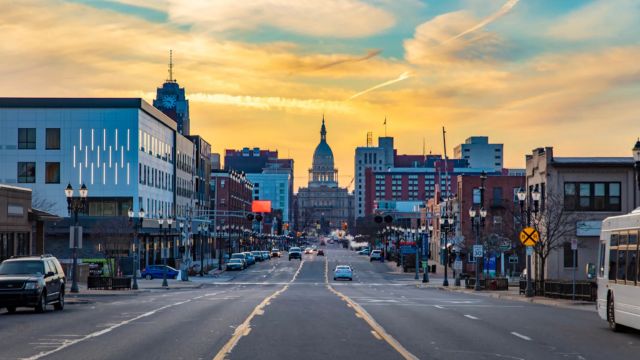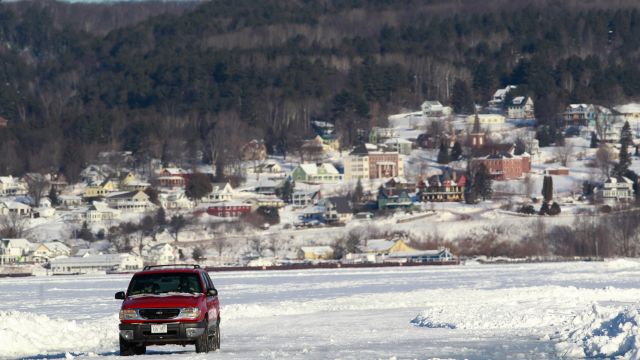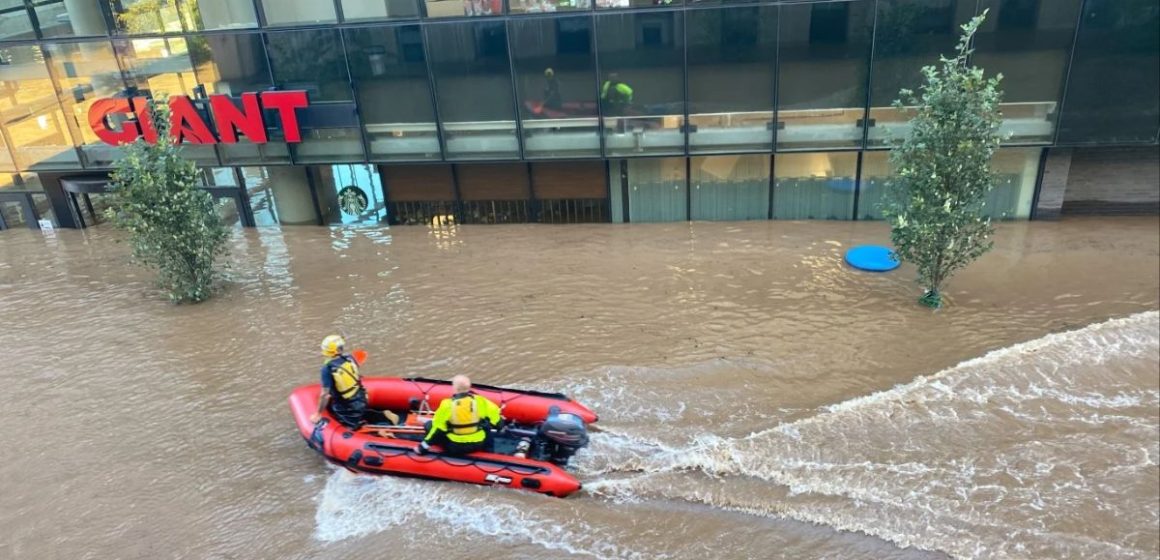Discovering a safe haven can be of utmost importance in a nation vulnerable to natural calamities. Even while natural disasters can strike anywhere, there are particular states where the chance of experiencing catastrophic catastrophes is reduced.
The safest states in the union from natural disasters will be examined in this post, which will offer insightful information to anyone looking for a quiet, safe area to live.
| State |
Declared Disasters Since 2004
|
| Delaware | 13 |
| Michigan | 14 |
| Maryland | 18 |
| Wisconsin | 19 |
| Rhode Island | 20 |
1. Delaware: Delaware holds the distinction of being the state least vulnerable to natural disasters, even if the state is periodically hit by Nor’easters, or Atlantic Cyclones.
That record is maintained by the fact that, since 2004, the state has only had 13 emergency declarations, whereas the national average has been just over 50.
Although there has only been one tornado warning in the wake of Hurricane Jeane in 2004, flash flooding, tornadoes, thunderstorms, and hail do occasionally occur. The bulk of other events were caused by hurricanes and tropical storms that moved northward over several years.
2. Michigan: Despite the fact that this ranking just takes into account the overall number of disasters, safety is a reality. Big states like Michigan look like they should rank lower because they have more territory available for catastrophes to occur on, but this isn’t always the case.

By controlling the temperature of the surrounding air, the Great Lakes themselves provide some protection by preventing the development of strong storms.
Because the state is located far from any fault lines that are violently active, seismic problems like earthquakes likewise pose little threat.
Read Also: Minnesota Magic: Whimsical Towns You’ll Fall in Love With
3. Maryland: Maryland and Michigan are located comparatively far from fault lines that could cause catastrophic earthquakes and volcanic eruptions (which are limited to a few states in the west, Hawaii, and Alaska).
While tornadoes can and do occur on the East Coast—which is why Maryland handled a tornado proclamation in 2006—their frequency and severity pale in comparison to the Midwest’s Tornado Alley states.
Maryland has just an average disaster response infrastructure, yet despite this, it has been able to consistently dodge nature’s fury, with fewer than one emergency declaration per year in the last 20 years, according to one ranking by Gold Eagle.
Read Also: Small Town Magic: Underrated Adirondack Spots You Haven’t Heard Of
4. Wisconsin: Thanks to the Great Lakes, a temperate climate that is neither excessively dry nor excessively stormy ensures that grasslands and forests will proliferate despite the plains and deserts of states located further south.
Mudslides, wildfires, and flash floods are all inherently more likely to affect rooted soils in humid environments.

Thus, of the 19 disasters that have struck Wisconsin since 2004, only four have involved landslides and mudslides, and those four happened during exceptionally powerful storms that happened between 2013 and 2019.
More common are storms and floodings in the absence of significant earth movement. Peak months for these disasters are also late spring to fall, but people who live in floodplains—such as those in Milwaukee’s suburbs—are most at danger.
Read Also: North Dakota’s Quiet Wonders: Underrated Small Towns You Might Have Missed
5. Rhode Island: Rhode Island is a very steady part of the country, despite being another state subject to the whims of Atlantic storms and northern snowfall.
For example, the only significant fire in the past 20 years started at a camping in 2023, which is debatably more man-made than natural. Moreover, there were no recorded injuries or fatalities because of how strong and efficient the Fire Team’s response was.
Except for the rare Nor’easter cyclone, Rhode Island is quite northward, therefore it is not completely hit by these storms.
Read Also: Step Back in Time: Experience These Charming Historical Delaware Towns
To Conclude
While there is always a chance of natural disasters, certain states are less vulnerable than others. Among the safest states in the union are Delaware, Michigan, Maryland, Wisconsin, and Rhode Island, all of which continuously exhibit decreasing frequency and severity of natural disasters.
But it’s important to keep in mind that sporadic events can occur in even these conditions. Remaining safe and resilient in any area requires being aware of local dangers and making appropriate preparations.



Leave a Reply